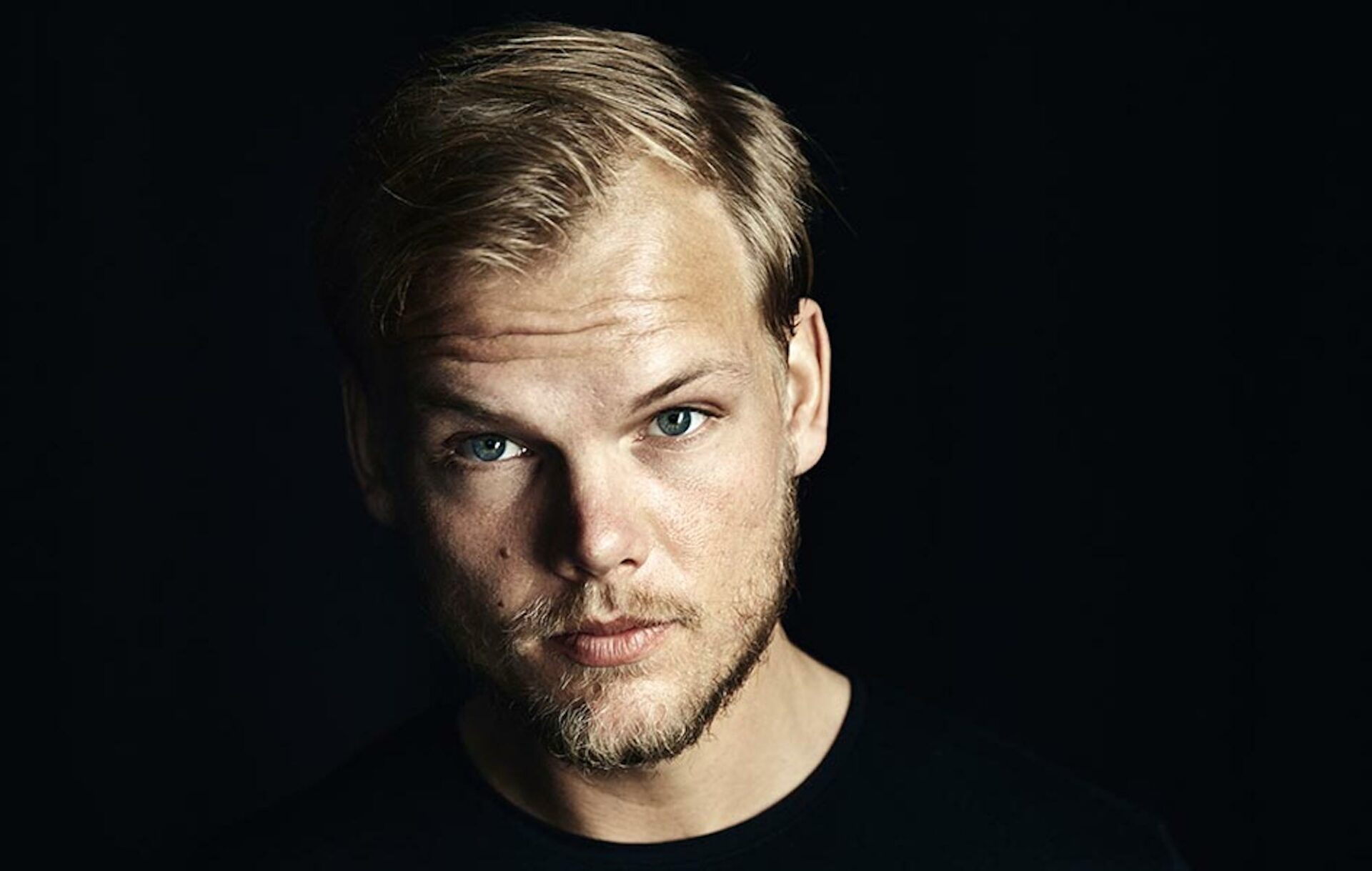Avicii’s father asks for more mental health support for young artists
Fame and fortune is "a very dangerous combination" says Tim Klas

The father of the late DJ Avicii has called for more mental health support for young up-and-coming artists following his son’s death in 2018.
Since Avicii‘s death by suicide, a mental health foundation in his name – the Tim Bergling Foundation – was set up by his family with an aim to “initially focus on supporting people and organisations working in the field of mental illness and suicide prevention”.
Speaking to The Times in a new interview, Bergling’s father Tim Klas said more needs to be done to avoid more situations like his son’s, and for there to be better mental health provisions for young artists adjusting to a life of fame.
“It’s fame and fortune, and that’s a very dangerous combination. When you have an up-and-coming artist there should be some structure,” he said, adding that “a serious discussion” in the music industry about the problems “couldn’t hurt”.
Discussing the importance of calling Avicii’s death a suicide, Klas added: “I think you should call things what they are. Nobody is to blame. If we should blame anybody, we should start with me.”
In a statement announcing its intentions upon its creation in 2019, the Tim Bergling Foundation said: “Tim wanted to make a difference. Starting a foundation in his name is our way to honour his memory and continue to act in his spirit.”
Back in October, Arlo Parks spoke out about the need for more mental health support for the most marginalised groups in response to UNICEF’s The State of the World’s Children report.
The State of the World’s Children 2021 report examines children, adolescent and caregiver mental health. It also focuses on “risks and protective factors at critical moments in the life course and delves into the social determinants that shape mental health and well-being.”
The report raised concerns about the Covid-19 pandemic’s potential impact on a generation of children. It states: “But the pandemic may represent the tip of a mental health iceberg – an iceberg we have ignored for far too long.
In response to the report Parks said: “I have lost friends to mental illness and watched them drown in an inky pit of darkness.
“A mind filled with shame cannot grow and that is why I believe that deconstructing stigma, making mental health support accessible and building structures to support people, in particular vulnerable and marginalised groups, is essential.”
